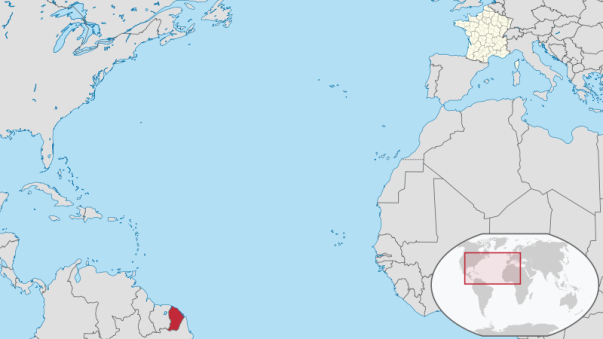Belgian film maker Sofie Peeters has made a film about her experiences of street harassment in Brussels, Belgium. Femme de la Rue has attracted attention in the press for its secretly-filmed footage of the comments and sometimes physical harassment that Sofie received whilst wearing a dress around her neighbourhood. It has also sparked activity on the twitter hash tag #harcelementdelarue.
The film begins [see youtube video above for an interview followed by the full film] with Sofie interviewing women living in Brussels about their experiences of street harassment, what measures they take to avoid it and why they think it happens. Sofie then interviews different groups of men from her neighbourhood to determine why street harassment happens. One group of young men explain that they are aiming to initiate conversation with women they shout at, often with the hopes of having some sort of sexual encounter. The group of older men that Sofie confronts, however, believed that by making comments they are fulfilling the purpose of women wearing make-up, clothes or [to take it to the extreme conclusion of that logic] leaving the house.
It was not just sexually suggestive comments either. “Bicth” and “whore” were used several times, revealing the aggressive nature of some of the harassment.
In the above interview for Belgian TV, Sofie states that all the secretly-filmed footage of the harassment she received was filmed in the space of one afternoon [3:03].
She is also asked by the interviewer to address criticism that this could be portrayed as a racist film. Many of the men she questions are of foreign descent, so there is a seeming bias against these different groups. In the interview Sofie describes street harassment [according to the subtitles] as a “small problem within the foreign communities”.
The film has made waves on twitter, where many women have begun to testify about their own experiences of street harassment via #harcelementdelarue. It seems that Femmes de la Rue has touched a nerve, but it remains to be seen whether it has done so in a fair and balanced way.
For more information, read the Guardian’s take on the film here.


